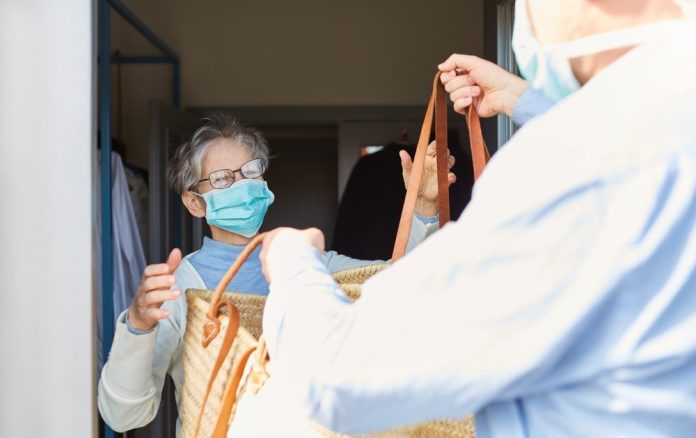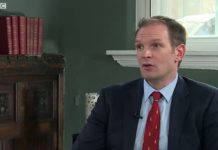People who shielded during the Covid pandemic say they have been treated like “second class citizens” whose needs have been ignored.
As the next stage of the Covid Inquiry opens, charity Versus Arthritis and the University of Manchester reveal evidence of the brutal toll shielding had on people’s lives, including some who were forced to stop living with their children and others who lost their jobs.
Covid Shielding Voices, funded by Versus Arthritis, reveals how shielders felt that society treated them like “second-class citizens” after lockdowns lifted and shielding support was removed, including being discriminated against in the workplace.
Deborah Alsina MBE, Chief Executive of Versus Arthritis, says “people should not be punished for having a health condition. There is a profound opportunity for the Covid Inquiry to learn from the experiences of those who shielded and to understand what went wrong.”
The charity is asking the Inquiry to acknowledge the serious failings by Government on shielding and that more can be done to protect vulnerable groups now and in the future.
4.1 million people across the UK were identified as clinically extremely vulnerable (CEV) to Covid-19 and were asked to shield during the pandemic. People with conditions like rheumatoid arthritis were among this group because their condition and the medicines they are prescribed can weaken the immune system.
Participants in the study, led by patients and researchers at The University of Manchester, initially felt protected by the shielding programme but say they were “thrown to the wolves” when it suddenly ended on 15th September 2021, citing the lack of support to protect them as the rest of society opened up.
Patients and researchers worked together to analyse the experiences of people with autoimmune arthritis and rheumatic conditions who shielded, and to show what lessons can be learned from their stories for future pandemic planning.
Participants’ experiences are varied, covering the impact on home and work life; difficulties in accessing healthcare; the effect on self-identity and place within society after isolating for so long; and the feeling of abandonment when formal shielding ended.
The study found many examples of people being discriminated against at work due to their need to follow shielding guidance. Some say they have been met with “tutting” and “eyes rolling” for following occupational health advice, such as avoiding work areas, while others were made redundant from their jobs. Those who were supported to work from home have felt “excluded” and disadvantaged, “missing out on those important conversations”.
Shielding impacted family relationships and often disrupted family members’ ability to attend school and work, leading to extraordinary personal sacrifices. One mother explains how she contemplated whether sending her child to school was more important than her own survival: “Is putting [my child] first sending them to school and letting them live a normal life […]? Or is putting them first protecting their mum so that there’s less risk that they one day don’t have a mum? Where do you draw the line, what’s more important?” Another woman who faced the same dilemma ended up moving out of the family home.







